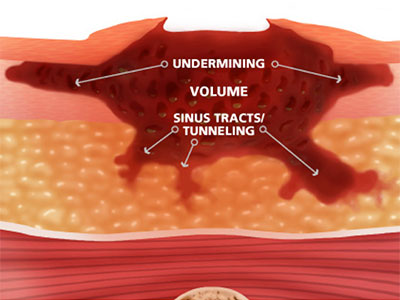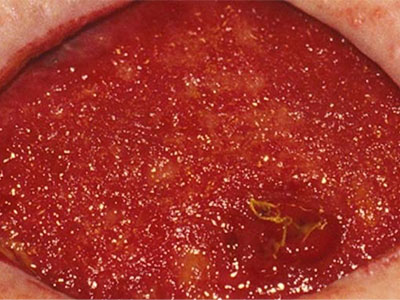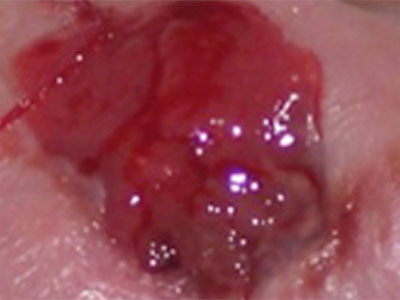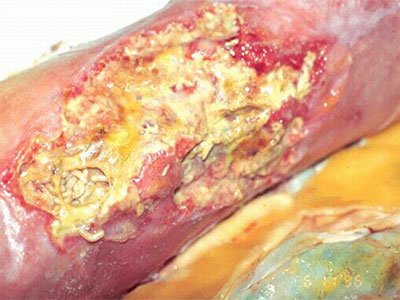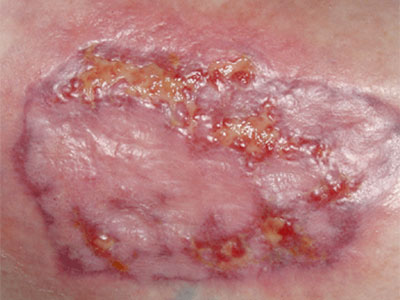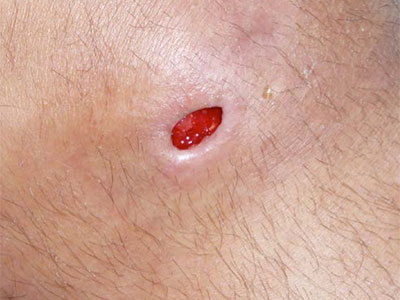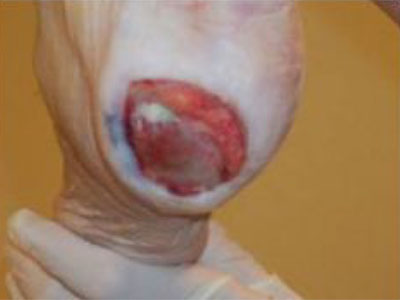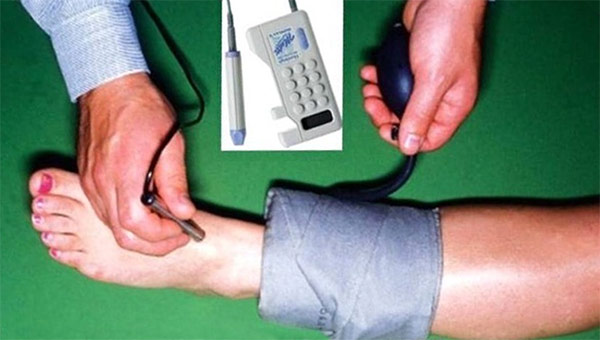Medication Initiatives Recap
September 20th, 2019 | Clinical ConnectionsYou may have seen emails from your designated clinical pharmacist recently about patients who have recently had claims for AHP-targeted medications. See below for a brief reminder about the purpose and goal for each medication initiative.
Glumetza®/Fortamet® for Type 2 Diabetes
There are three available formulations of metformin extended release:
(1) metformin extended release (generic Glucophage® XR)
(2) metformin osmotic release (generic Fortamet®)
(3) metformin modified release (generic Glumetza®)
All are clinically equivalent but the cost difference is significant ($34 vs. $1,200 vs. $3,600 for a 30 day supply, respectively). Patients may also notice increased cost share at pharmacies as insurers begin to limit the amount covered on generic Glumetza® and generic Fortamet®.
Two important notes:
- Generic Glucophage® XR does not come in 1,000 mg tablets, so patients who are taking higher total daily doses will have to take more pills per day.
- We recognize that not all EMRs are clear in which metformin product is which, so the easiest way to ensure you are prescribing the least expensive formulation is to write the prescription for Glucophage XR, DAW0 (this will allow the pharmacist to substitute the correct formulation).
It may be helpful to have someone at the office call the pharmacy to cancel any remaining fills on Glumetza®/Fortamet® prescriptions to avoid accidental fills in the future.
Dexilant
Dexilant is the most expensive PPI, as it remains brand-only while others are available generically. It is also Tier 3 on many insurance plans, often requires prior authorization, and can present additional cost burden to patients. Generic prescription and OTC PPIs tend to be more cost-effective, and the literature shows they are as clinically effective as Dexilant. Click here for counter-detailing points related to common Dexilant marketing messages.
Takeaway message: Dexilant is significantly more expensive than other available PPIs and does not offer a clinical advantage supported by the literature. Consider utilizing alternative, less expensive options (generic pantoprazole, omeprazole, or esomeprazole) for patients who need PPI treatment. For patients with nocturnal reflux an AM dose of a generic PPI and PM dose of an H2RA (ranitidine or famotidine) would be a cost-effective alternative to Dexilant.
Combination DPP-4/GLP-1 Therapy for Type 2 Diabetes
Based on mechanism of action, it is common to think that using these agents in combination would result in increased incretin concentrations and improved diabetic control; however, this is not the case. Combining these medications results in additional unnecessary costs for patients with limited additional clinical benefit. GLP-1 agonists also tend to have more influence on A1c lowering then DPP-4 inhibitors do. Click here for more information regarding the lack of clinical benefit of this drug combination.
Takeaway message: For patients on a GLP-1 agonist (e.g., Victoza, Trulicity) and a DPP-4 inhibitor (e.g., Januvia, Tradjenta), consider discontinuing the DPP-4 inhibitor and continuing the GLP-1 agonist.
Please contact the Pharmacy Team for any feedback or questions you may have.







